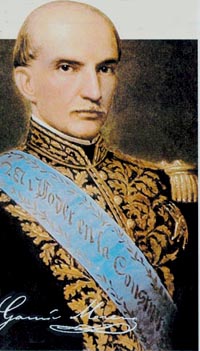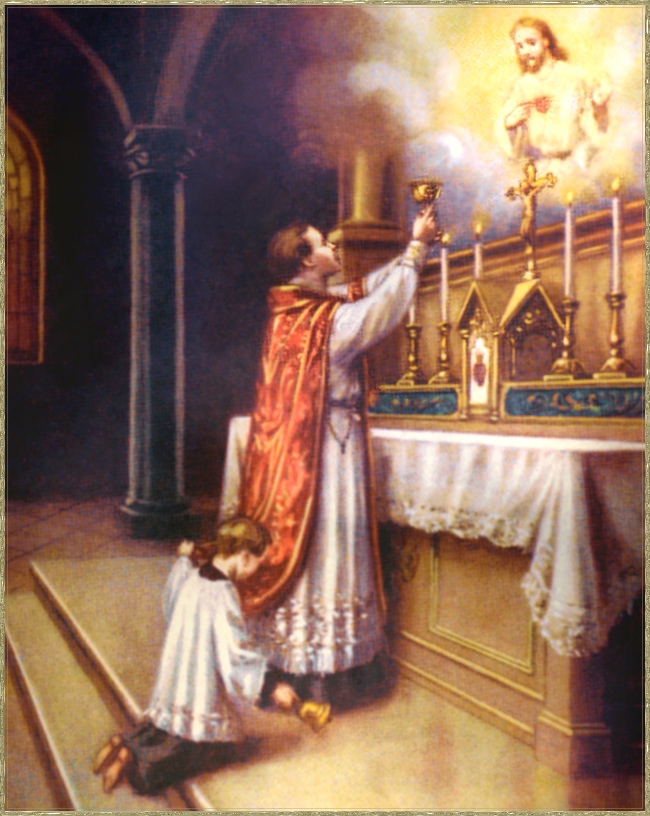 "The King's good servant, but God's first."
"The King's good servant, but God's first."The England of the sixteenth century was in the midst of a serious crisis of politics, culture and faith, not unlike the times in which we now live. In 1534 all citizens who were of age were required to take an oath called “The Act of Succession”. It acknowledged that King Henry VIII was married to Anne Boleyn, even though he was not. His desire to divorce Catherine was not sufficient to make that marriage null and his attempt to use his political power to change the truth was objectively unsuccessful. So, the King went further, he used the power of his office to promulgate an unjust positive Law by which he proclaimed that he and Anne were lawfully married. It went further. He also declared himself to be the Supreme Head of the Church in England, thus abrogating to himself the authority to determine that his lawful marital bond was dissolved and denying the authority of the successor of the Apostle Peter.
Continued at: http://www.catholic.org/politics/story.php?id=28335













